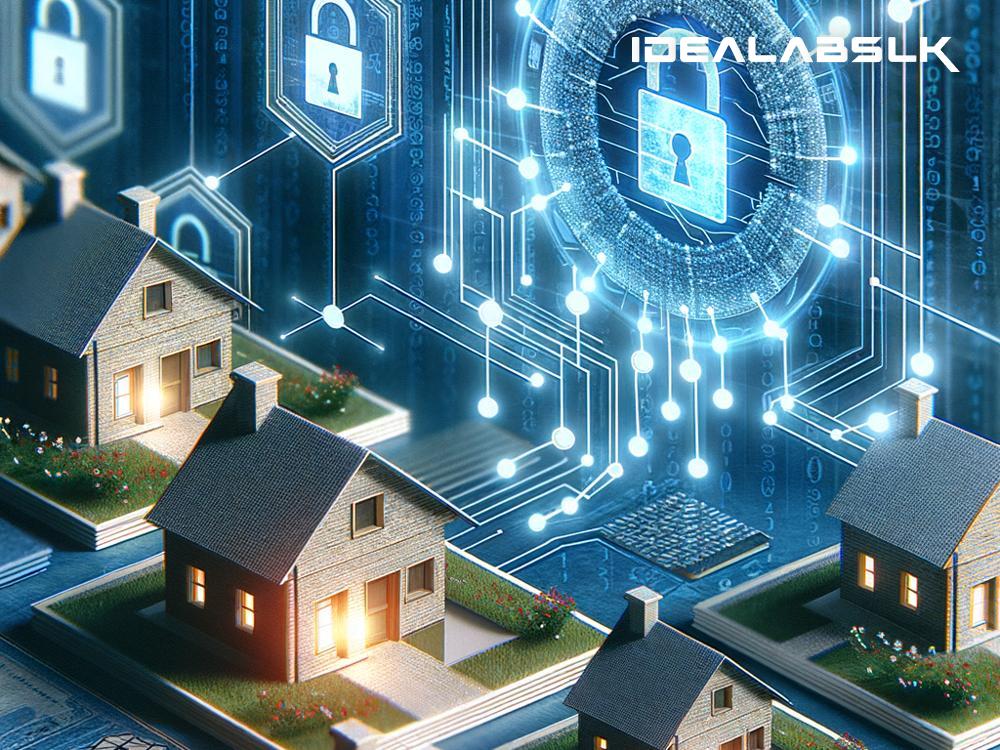Blog Title: A Game-Changer in Real Estate: How Blockchain is Revolutionizing Title Management
In the real estate world, there’s a quiet revolution taking place, and it revolves around something you might not expect – blockchain technology. Yes, the same technology that powers cryptocurrencies like Bitcoin is now making waves in real estate, particularly when it comes to managing property titles. But why is this important, and how exactly does it work?
What is a Title in Real Estate?
First off, let’s understand what a "title" is. In real estate, a title is essentially proof of ownership. It’s a document that shows who owns the property and includes details about any mortgages or liens against it. Managing these titles is crucial because it impacts buying, selling, and even inheriting properties. Traditionally, this process has been cumbersome, paper-heavy, and prone to human errors and fraud. Enter blockchain.
Blockchain: Simplifying Complex Processes
Blockchain is like a digital ledger that securely records transactions across several computers in such a way that the registered transactions cannot be altered retroactively. This makes it exceptionally secure and transparent. So, how does this tech marvel transform real estate title management?
The Blockchain Revolution in Title Management
-
Eliminating Fraud and Errors: Real estate fraud can be a nightmare, with forged documents potentially leading to illegal property seizures. Blockchain's secure environment minimally reduces the risk of such fraud since every transaction and change is permanently recorded and easily verifiable. This transparency and security significantly cut down the likelihood of errors and fraud in title management.
-
Speeding Up the Process: Traditionally, transferring property titles involves a lot of paperwork and validation, which can take weeks or even months. Blockchain, with its ability to securely and instantly verify transactions, can drastically reduce this timeframe. What used to take weeks could potentially be done in just a few days or even hours, making the buying and selling process much faster and more efficient.
-
Lowering Transaction Costs: The process of verifying titles traditionally requires a lot of intermediaries, including lawyers, brokers, and government bodies, which adds to the overall cost. Blockchain can simplify these processes, removing the need for so many intermediaries and, as a result, significantly lowering these costs.
-
Enhanced Accessibility: Blockchain technology can store and make accessible a property’s entire transaction history and title details securely online. This means that anyone involved in the buying or selling process can easily access this information at any time, improving transparency and trust in transactions.
-
Immutability of Records: Once a transaction is recorded on a blockchain, it cannot be altered or deleted. This immutable nature of blockchain records means that the history of a property, including past owners, disputes, and liens, is permanently and reliably recorded. This provides unparalleled clarity and security for both buyers and sellers.
Real-world Applications and the Future
Several countries and companies are already exploring or implementing blockchain for real estate title management. For instance, countries like Sweden, Georgia, and the United Arab Emirates are experimenting with or have initiated blockchain projects focusing on land registries and title management. This not only showcases blockchain's global appeal but also its practical applicability in improving the efficiency, security, and transparency of real estate transactions.
However, widespread adoption of blockchain for title management still faces challenges. These include regulatory hurdles, the need for a significant shift in how land registries operate, and the requirement for massive digitization of current records. Despite these challenges, the potential benefits of blockchain in revolutionizing title management and the broader real estate industry are enormous.
In Conclusion
Blockchain technology is set to redefine the landscape of real estate title management. By making transactions more secure, transparent, and efficient, it addresses longstanding issues that have plagued the industry for decades. While it’s still early days, and there are hurdles to overcome, the potential for blockchain to transform real estate title management is undeniable. It's not just a buzzword but a genuine game-changer that could make buying and selling property significantly easier for everyone involved. The ongoing projects and future implementations of blockchain in real estate are something to watch closely, as they have the potential to make the entire property buying process as easy and straightforward as a simple click.

